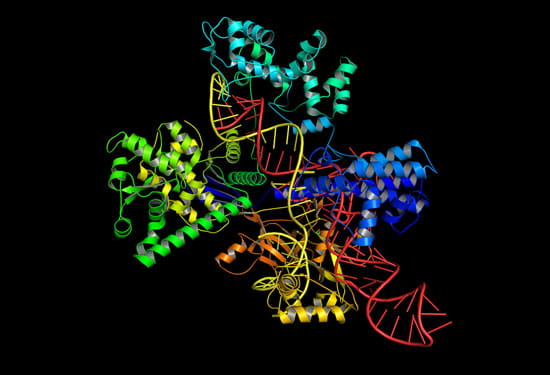Protein Adsorption to Primary Container Systems - Why Is It Important?
Primary container systems for storage and delivery of protein and peptide drugs (i.e., biologics), including vials and prefillable syringes, are typically made of glass or polymer, and include an elastomeric component (stopper or plunger). Proteins adsorb to most surfaces. Generally, the resultant loss of drug is not an issue since the amount adsorbed is on the order of 2-10 mg/mL, or not more than approximately 5 µg per 2 mL vial, or 13 µg per 5 mL vial.
![]()

Most biologic drugs, such as monoclonal antibodies (mAbs), are formulated at high concentration (tens of mg/mL), so the actual loss is quite low. However, in those cases where the initial drug concentration is in the range of tens of micrograms per mL, loss due to adsorption to container surfaces is significant. Even for high concentration biologic drugs, an understanding of a protein’s surface adsorption is important.
Several studies using siliconized prefillable glass syringes, as well as glass vials (which are generally not siliconized) have suggested that surface adsorption is the first step that leads to formation of aggregates in solution. Why is aggregation undesirable, even in low amounts? First, aggregation may result in decrease of potency through loss of active protein. Second, and more importantly, numerous studies have demonstrated that protein aggregates are highly immunogenic compared to the unaggregated form. What this means is that development of antibodies to a biologic drug may neutralize the therapeutic activity, rendering the drug ineffective. In addition, if the biologic drug is a protein that occurs naturally in the body, such as a growth hormone or insulin, even the naturally occurring protein will be neutralized, potentially leading to a life-threatening situation.
Studies with containers made of Daikyo Crystal Zenith® cyclic olefin polymer have shown that there is a reduced tendency of proteins to aggregate when subjected to a stress such as agitation. However, each protein is different, and must be evaluated on a case-by-case basis. For more information, visit the Knowledge Center or contact a Technical Customer Support (TCS) representative.
Daikyo Crystal Zenith® technology is licensed from Daikyo Seiko, Ltd.
Crystal Zenith® is a trademark of Daikyo Seiko, Ltd.


